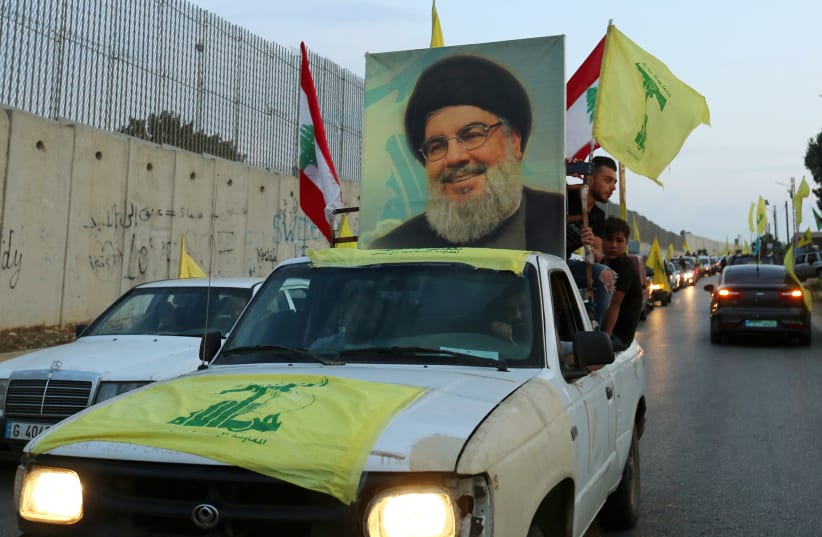The latest failure to break Lebanon's political impasse will worsen pressures on an economy gripped by its deepest crisis since the 1975-90 civil war, amid protests against a political establishment widely regarded as corrupt and inept.
Since reopening a week ago, commercial banks have been seeking to stave off capital flight by blocking most transfers abroad and imposing curbs on hard-currency withdrawals, though the central bank has announced no formal capital controls.
A big part of Lebanon's economic crisis stems from a slowdown of capital inflows which has led to a scarcity of U.S. dollars and spawned a black market where the Lebanese pound has weakened below its official pegged rate.
A meeting on Saturday evening between caretaker Prime Minister Saad al-Hariri and senior officials from Hezbollah and its Shi'ite ally Amal failed to yield any breakthrough towards forming the new cabinet, the sources said.
"The crisis is deepening," one source familiar with Hariri's position said. A senior source familiar with the view of Hezbollah and Amal said: "Nothing has changed. So far the road is completely blocked." A third senior source said the situation was still deadlocked.
Hariri quit on Oct. 29 in the face of unprecedented protests fueled by poverty, joblessness and lack of basic services like electricity.
Hariri wants to lead a technocratic government devoid of other politicians, while Amal, Hezbollah and its Christian ally the Free Patriotic Movement want a government mixing technocrats and politicians.
"NOTHING HAS CHANGED"
The source familiar with Hariri's views has said he believes a cabinet composed of both technocrats and politicians would not be able to secure Western assistance and would also anger protesters who want to see a change of leadership.
Hariri reiterated his position in the meeting with caretaker Finance Minister Ali Hassan Khalil of Amal and top Hezbollah official Hussein Khalil, the senior source familiar with Hezbollah and Amal's view said.
Both Hezbollah and Amal communicated their view -- that Hariri should return as premier of a new 'technopolitical' cabinet -- at the meeting. Hariri said he would only agree to head a technocratic cabinet.
"Practically, what he wants is a government devoid of Hezbollah," the senior source said. "After 10 days have passed, matters must be decided."
The source familiar with Hariri's position said he believed Hezbollah, Amal and the FPM were seeking the inclusion in the cabinet of politicians rejected by the protesters.
These include FPM leader Gebran Bassil, foreign minister in the outgoing cabinet and a son-in-law of President Michel Aoun.
"If these faces return to government we will have pushed the street to return to protest in a greater way," the source familiar with Hariri's position said.
One dollar was buying 1,800 pounds or more on Friday compared to 1,740 on Thursday, two market sources said. The pegged rate is 1,507.5 pounds.
In a statement apparently referring to the deadlock and to Hezbollah's loss of fighters in various conflicts, Hezbollah lawmaker Mohammad Raad said: "Our arms will not be twisted nor can we be neutralized from achieving the goals of the martyrs."
Lebanon's highest Christian authority urged the president to hasten the appointment of a prime minister and the formation of a government that meets protesters' demands."The country's situation cannot withstand another day of delays," Maronite Patriarch Bechara Boutros Al-Rai said.
